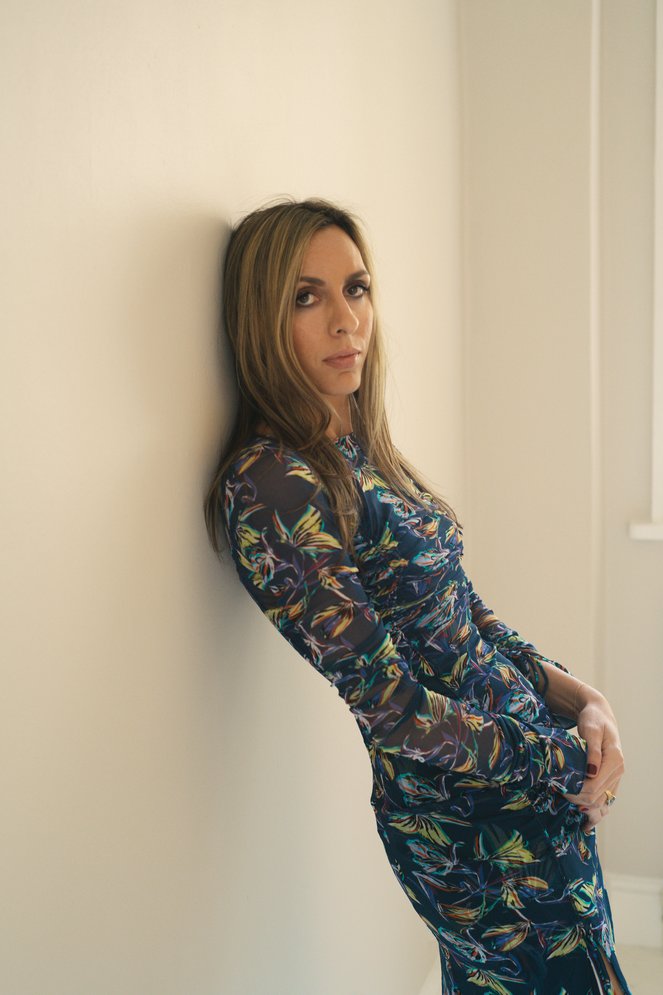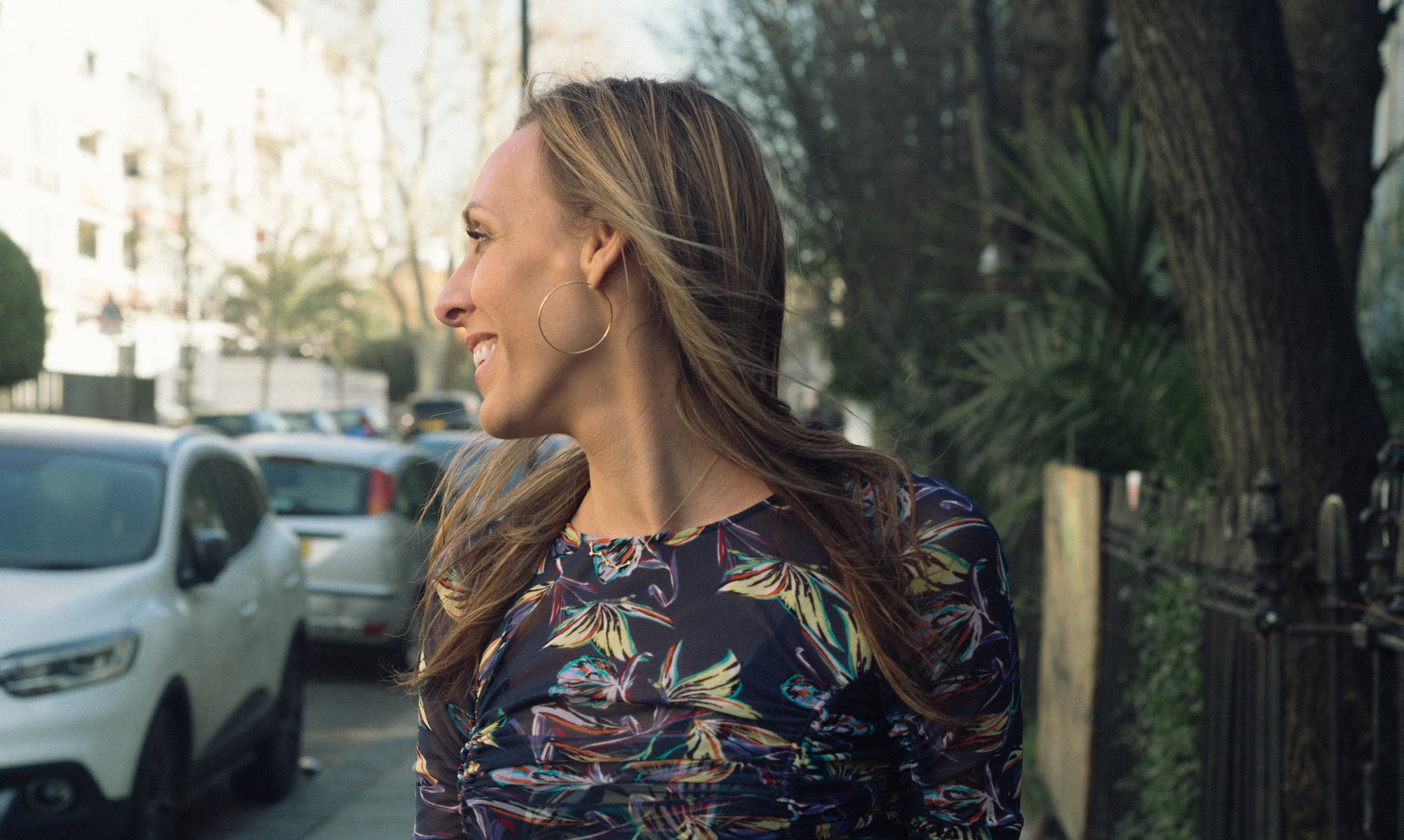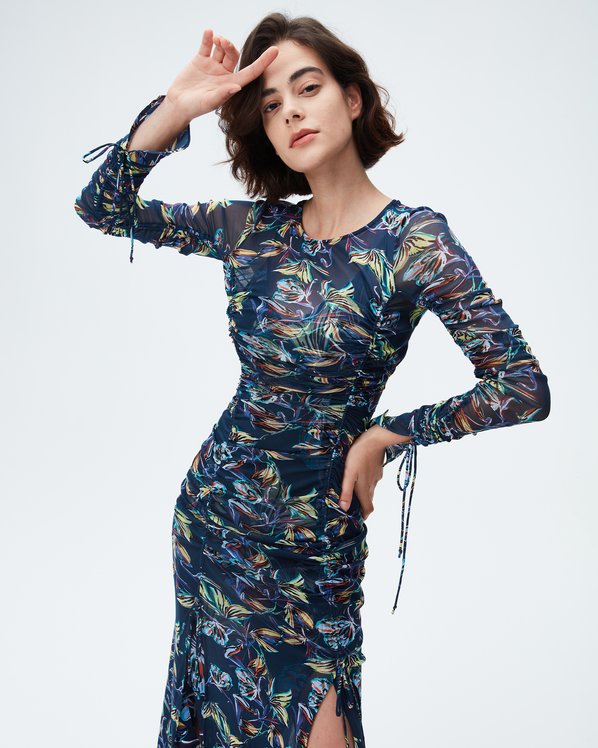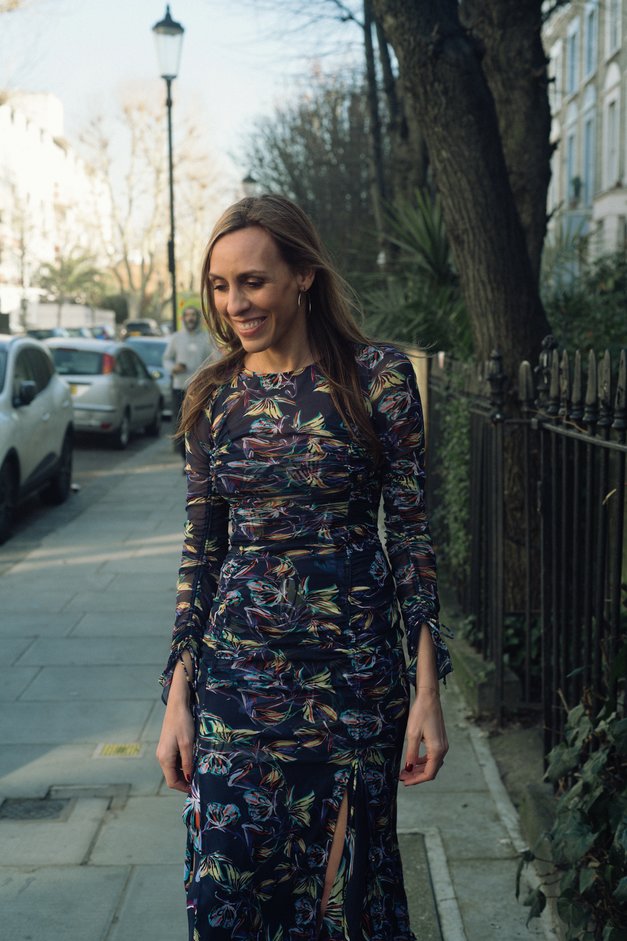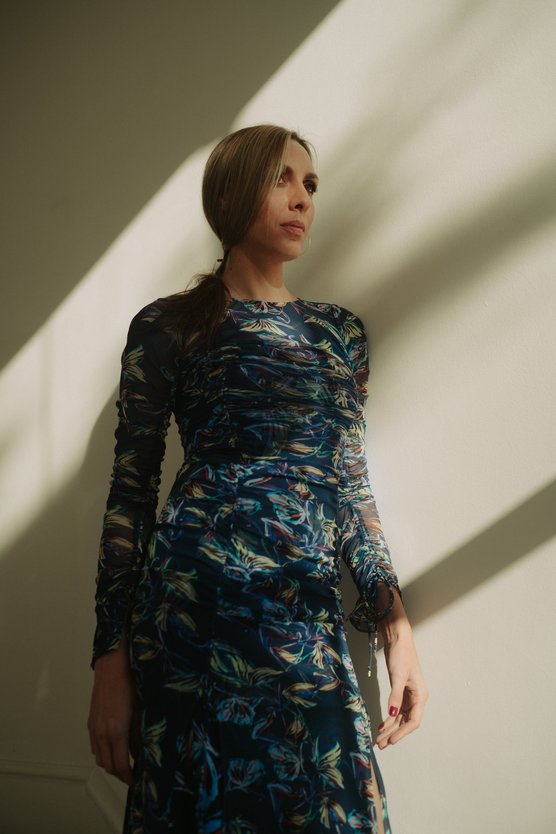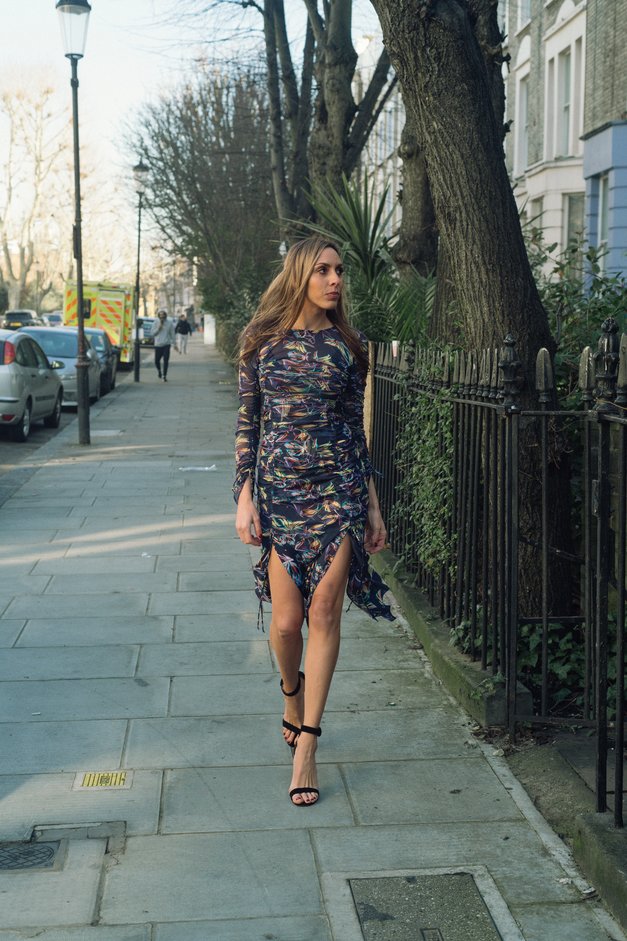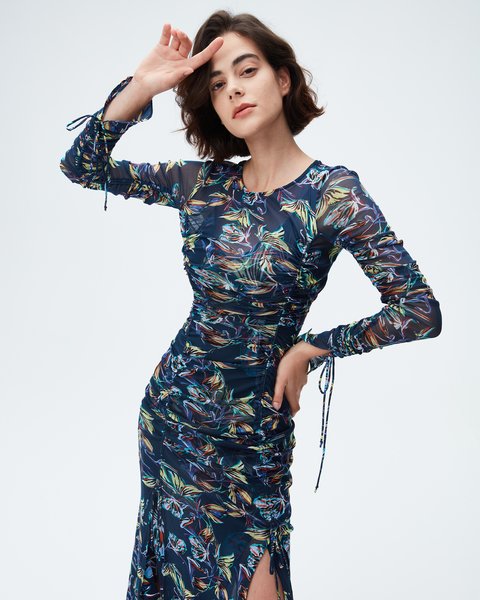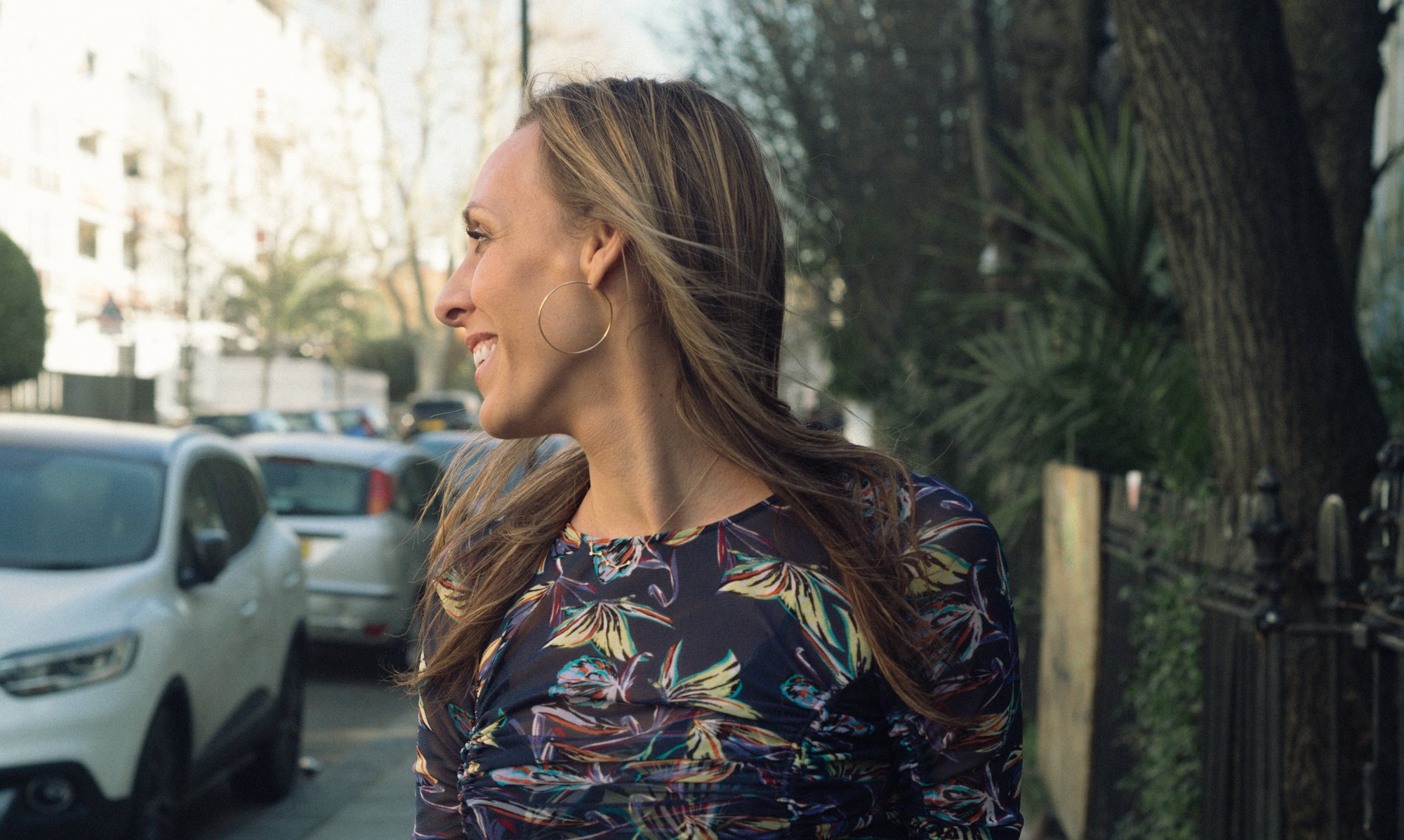
Lindsey Taylor Wood
Support for women in the pursuit of gender equality can take many forms. During a decade-long career in women's rights, Lindsey Taylor Wood realized that one form - arguably the most important - was too often overlooked: financial support. Calling on both her NGO experience and the insights she gained while running an impact agency that specialized in gender lens philanthropic strategies, she found a way to work towards solving this problem head-on.
Enter The Helm, an early-stage venture capital firm investing in game-changing companies built, and led, by women. As The Helm's founder, Lindsey Taylor Wood has created a space where funders and founders can connect. By bridging the gap between women who have funds and women who have founded companies, The Helm makes investing in women easier.
InCharge Q's with Lindsey Taylor Wood
Support for women in the pursuit of gender equality can take many forms. During a decade-long career in women's rights, Lindsey Taylor Wood realized that one form - arguably the most important - was too often overlooked: financial support. Calling on both her NGO experience and the insights she gained while running an impact agency that specialized in gender lens philanthropic strategies, she found a way to work towards solving this problem head-on.
Enter The Helm, an early-stage venture capital firm investing in game-changing companies built, and led, by women. As The Helm's founder, Lindsey Taylor Wood has created a space where funders and founders can connect. By bridging the gap between women who have funds and women who have founded companies, The Helm makes investing in women easier.
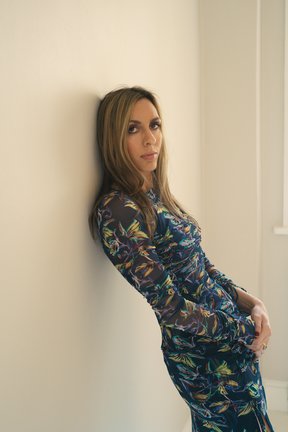
Q: What makes you feel InCharge?
A: Starting, and ending, the day with a five-minute gratitude journal that a friend gave me. Practicing yoga. Outlining what I need to accomplish in a day and getting it done. Beating my boyfriend at chess.
Q: What led you to start The Helm?
A: I was becoming increasingly disenchanted with the amount of progress I was seeing while working in women's rights and philanthropy. After going on a year-long learning journey where I wanted to identify other ways of creating systemic change on behalf of women, I realized three things:
1) While social and political equality often garner support, resources, and dedicated action, the third leg of the feminist stool is economic equality. Despite, I would argue, being the gatekeeper of the other two, economic equality was rarely addressed.
2) Women tend to give their money away while men invest theirs.
3) Only 2% of venture capital goes to women. This means the world is built by men, for men, and they reap the economic benefits of it.
With all of these things in mind, I felt we had a real opportunity to shift the ways in which capital was deployed. I wanted to support the companies that data tells us are likely to yield better returns and when they do, move money into the hands of both the female founders and funders who helped to get them there. When women have access to wealth they tend to allocate it in more values-driven ways, so this approach creates the ultimate flywheel for creating a more equitable world.
“If I see you that way, with love, I must let your grief into my heart, your story into my heart, I must stand up for you when you’re in harm’s way. What happens when we see George Floyd as our brother, or Breonna as a sister, migrant children as our own sons and daughters—what would we risk?”
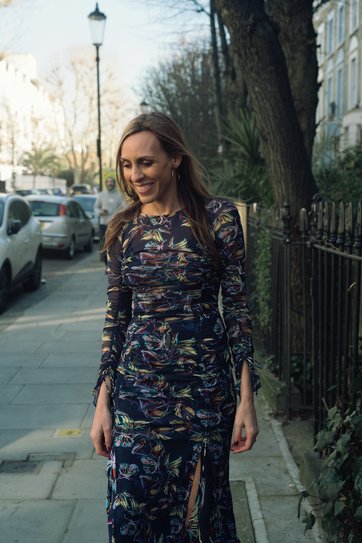
Q: What are 3 tips you would give someone who wants to start investing?
A: Invest now. You may not think you have enough to do it, but you do. Even small investments, or "micro-investing," can lead to meaningful returns.
Invest more. Women invest 40% less money than men do and over the course of a woman's life, the difference in what that yields can be exponential.
Invest smartly. Investing doesn't have to be risky. Robo-advisors, index funds, participating in your company's 401(k), or using a micro-investing app are all low-risk, minimal-requirement ways to begin. If you're able to work with a financial planner, that's always a great idea.
Q: What are you excited about right now?
A: I recently relocated to London to expand our firm and mission into Europe. On a professional level, I'm excited to connect and collaborate with so many more individuals who share our vision. On a personal level, I'm excited about exploring a new city and being in such close proximity to other countries, cultures, and new adventures.
Q: What makes you laugh?
A: Anything with Will Ferrell. Really, anything.
Q: What is one piece of advice you'd like to pass on to other women?
A: Money is power. It often provides freedom and opportunity that isn't otherwise available, so the sooner you become financially literate - which will enable making more informed decisions regarding how to build your own wealth - the faster you can transform your life.
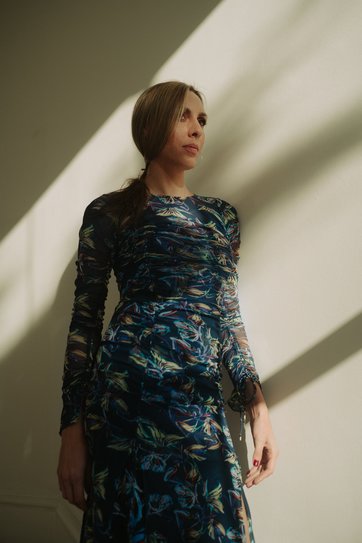

This idea of summoning ancestors is more accessible than one would think. Valarie channels the energy of her grandfather, a biological ancestor, but she also sits at the feet of Black thinkers like Dr. King, James Baldwin, Audre Lorde, and bell hooks.
This idea of summoning ancestors is more accessible than one would think. Valarie channels the energy of her grandfather, a biological ancestor, but she also sits at the feet of Black thinkers like Dr. King, James Baldwin, Audre Lorde, and bell hooks.
InCharge Q's with Lindsey Taylor Wood
Q: What makes you feel InCharge?
A: Starting, and ending, the day with a five-minute gratitude journal that a friend gave me. Practicing yoga. Outlining what I need to accomplish in a day and getting it done. Beating my boyfriend at chess.
Q: What led you to start The Helm?
A: I was becoming increasingly disenchanted with the amount of progress I was seeing while working in women's rights and philanthropy. After going on a year-long learning journey where I wanted to identify other ways of creating systemic change on behalf of women, I realized three things:
1) While social and political equality often garner support, resources, and dedicated action, the third leg of the feminist stool is economic equality. Despite, I would argue, being the gatekeeper of the other two, economic equality was rarely addressed.
2) Women tend to give their money away while men invest theirs.
3) Only 2% of venture capital goes to women. This means the world is built by men, for men, and they reap the economic benefits of it.
With all of these things in mind, I felt we had a real opportunity to shift the ways in which capital was deployed. I wanted to support the companies that data tells us are likely to yield better returns and when they do, move money into the hands of both the female founders and funders who helped to get them there. When women have access to wealth they tend to allocate it in more values-driven ways, so this approach creates the ultimate flywheel for creating a more equitable world.

